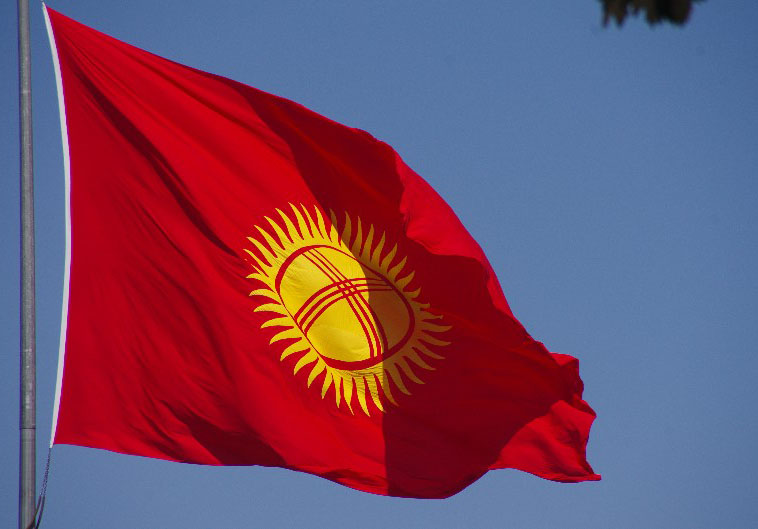
Aug 21, 2013 | Новости, Пресс-релизы
МКЮ сегодня призвала правительство Кыргызской Республики принять срочные меры для предотвращения повторяющихся нападений на адвокатов.
Призыв последовал за получением достоверных сведений о нападении на двух адвокатов в зале суда на юге страны.
20 августа 2013 года, адвокаты Динара Медетова и Кубанычбек Жороев подвергались физическому нападению по завершении судебного слушания в Ошском областном суде.
Это последнее в серии подобных нападений, которые представляют собой угрозу жизни и безопасности адвокатов, препятствуют защите адвокатами прав своих клиентов, и подрывают справедливость судебных разбирательств.
МКЮ понимает, что Министерство внутренних дел опровергло факт нападения на адвокатов.
Однако нападение подтверждается сообщениями надежных свидетелей.
МКЮ обеспокоена тем, что вопреки неоднократным нападениям подобного рода, правительство и правоохранительные органы продолжают не принимать необходимых мер по их предотвращению, или обеспечению их эффективного расследования, и привлечению виновных лиц к ответственности.
“Отрицание этих нападений может лишь усугубить проблему. В действительности же необходимо проведение независимого, беспристрастного и тщательного расследования этого инцидента”, – сказала Роушин Пиллей, директор Региональной программы МКЮ по Европе.
“Правительство должно работать с правоохранительными органами для обеспечения безопасности адвокатов, свидетелей и обвиняемых в уголовных процессах на всей территории страны, а также с целью защиты Кыргызской Республикой права на справедливое судебное разбирательство, в соответствии с требованиями своих международно-правовых обязательств”, – добавила она.
Два адвоката осуществляли защиту Махаматкира Бизурукова, этнического узбека, в судебном слушании, связанным с этническими столкновениями на юге страны в 2010 году.
Согласно информации, имеющейся у МКЮ, присутствующие неоднократно перебивали, оскорбляли и угрожали адвокатам в ходе судебного слушания, что создавало атмосферу запугивания и не позволяло адвокатам оказывать эффективную защиту своего клиента.
В ходе заседания адвокатам также угрожали смертью, на что судья никак не реагировал.
По завершении слушания, согласно полученной информации, около десяти женщин со стороны потерпевшего в деле осуществили физическое нападение на адвокатов.
“Если бы не мой коллега, который помог мне бежать, я могла бы получить очень серьезные травмы или даже умереть”, – сообщила МКЮ адвокат Медетова. Адвокат позже вернулась в Бишкек из-за опасения дальнейших нападений.
Нападение произошло, несмотря на предварительное письменное обращение адвокатов, переданном в местное УВД, председателю суда и прокурору Ошской области, с просьбой обеспечить безопасность в ходе процесса, в свете нападений на обвиняемого, свидетелей и адвокатов на предыдущих слушаниях по тому же делу.
МКЮ понимает, что глава УВД и прокурор заверили адвоката Медетову в том, что будут приняты меры для обеспечения безопасности адвокатов.
Однако, полиция не приняла никаких мер для предотвращения или прекращения нападения на адвокатов в зале суда.
После нападения, глава УВД сказал адвокатам, что они не могли оказать защиту адвокатам, так как потерпевшая сторона будет рассматривать подобную защиту, как предвзятость в пользу обвиняемого.
МКЮ напоминает, что международные стандарты, в том числе Основные принципы ООН, касающиеся роли юристов, требуют, чтобы “в тех случаях, когда возникает угроза безопасности юристов в результате выполнения ими своих функций, власти обеспечивают им надлежащую защиту”.
МКЮ призывает правительство недвусмысленно и публично осудить эти нападения и обеспечить принятие эффективных мер для их расследования и привлечения виновных к ответственности.
Контакты:
Роушин Пиллей, директор Региональной программы МКЮ по Европе, roisin.pillay(a)icj.org
Тимур Шакиров, правовой советник Региональной программы МКЮ по Европе, temur.shakirov(a)icj.org
Kyrgyzstan-Attack on lawyers-news-press release-2013-RUS (полный текст)
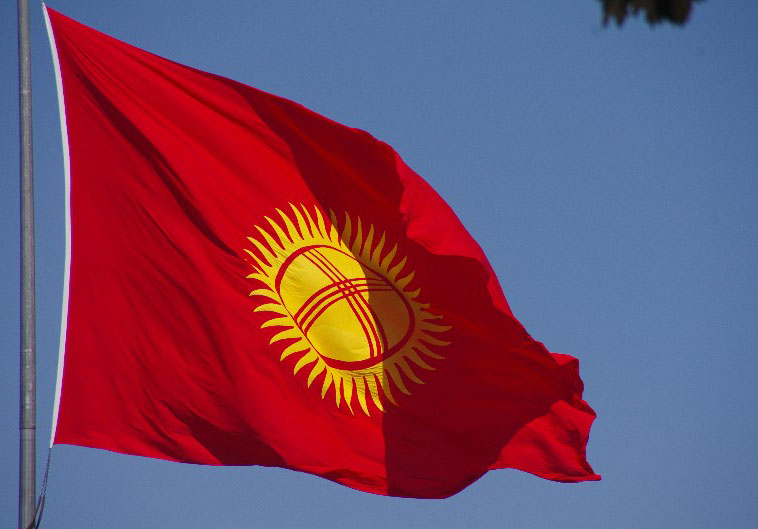
Aug 21, 2013 | News
The ICJ today called on the government of the Kyrgyz Republic to take urgent measures to prevent repeated attacks on lawyers.
The call followed reliable reports of an assault on two lawyers in a court in the south of the country.
On 20 August 2013, lawyers Dinara Medetova and Kubanychbek Zhoroyev were physically attacked following a hearing in the Osh Regional Court.
This is the latest in a series of such attacks, which have threatened the lives and safety of lawyers, have hindered lawyers in defending the rights of their clients, and have undermined the fairness of trials.
The ICJ understands that the Ministry of Interior has denied that the attack on the lawyers took place. However this attack is confirmed by the accounts of reliable witnesses.
The ICJ is concerned that, in the face of repeated attacks of this kind, the government and law enforcement authorities have consistently failed to take effective measures to prevent them, or to ensure that they are effectively investigated and the perpetrators brought to justice.
“Denying that these attacks take place can only perpetuate the problem,” said Róisín Pillay, Director of the ICJ Europe Regional Programme. “What is needed is an independent, impartial and thorough investigation into the incident.”
“The government must work with the law enforcement authorities to ensure that the safety of lawyers, witnesses and defendants in criminal trials is ensured throughout the country, and that the Krygyz Republic protects the right to a fair trial, as required by its international legal obligations,” she added.
The two lawyers were defending Makhamatkir Bizurukov, an ethnic Uzbek, in a trial related to the 2010 ethnic clashes in the south of the country.
According to information available to the ICJ, the lawyers were repeatedly interrupted, insulted and threatened by members of the public in the course of the hearing, creating an atmosphere of intimidation which prevented the lawyers from effectively defending their client.
During the hearing, the lawyers also received death threats to which the judge did not respond.
After the hearing, reports indicate that around ten women, supporters of the victims in the case, physically attacked the lawyers.
“If it hadn’t been for my colleague who helped me to escape, I could have been very seriously injured or even dead”, lawyer Medetova told the ICJ. The lawyer later returned to Bishkek due to her fear of further attacks.
This attack took place despite an earlier written request by the defence lawyers in the case submitted to the local Police Department, President of the Court and the Osh Regional Prosecutor that security measures be taken during the hearing, in light of attacks on the accused, witnesses and lawyers at a previous hearing in the same case.
The ICJ understands that the head of the Police Department and the Prosecutor had assured lawyer Medetova that measures would be taken to guarantee the safety of the lawyers.
In the event however, the police took no action to prevent or halt the attacks on the lawyers in the courtroom.
Following the attack, the police reportedly told the lawyers that they could not protect them, as the supporters of the victim would consider such protection as bias in favour of the accused.
The ICJ recalls that international standards, including the UN Basic Principles on the Role of Lawyers, require that “where the security of lawyers is threatened as a result of discharging their functions, they shall be adequately safeguarded by the authorities”.
The ICJ urges the government to unequivocally and publicly condemn these attacks and to ensure that effective measures are taken to investigate them and bring those responsible to justice.
CONTACTS:
Róisín Pillay, Director, ICJ Europe Programme, roisin.pillay(a)icj.org
Temur Shakirov, Legal Adviser, ICJ Europe Programme, temur.shakirov(a)icj.org
Kyrgyzstan-Attack on lawyers-news-press release-2013-ENG (full text in pdf)
Kyrgyzstan-Attack on lawyers-news-press release-2013-RUS (full text in pdf)
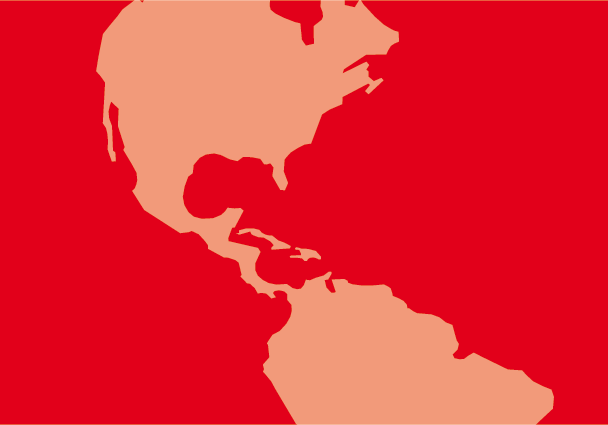
Aug 20, 2013 | Incidencia
Por primera vez un Tribunal de Canadá conocerá una demanda de daños y perjuicios en contra de una empresa canadiense por hechos cometidos en Guatemala.
Un Juez de la Corte de Ontario resolvió en el mes de Julio del presente año, que los casos que se siguen en contra de la empresa Hudbay Minerals Inc. por supuestos hechos cometidos en contra de dirigentes comunitarios en el Departamento de Izabal, pueden ser juzgados en Canadá por tribunales canadienses.
Este es un hecho histórico, ya que por primera vez una demanda por daños y perjuicios en contra de una compañía canadiense, relacionada con abusos a los derechos humanos, podrá ser conocida por tribunales canadienses.
Esta resolución permite que se respete el derecho de las víctimas guatemaltecas, de buscar justicia en otro país, en este caso Canadá, por hechos supuestamente cometidos en Guatemala, en los que una empresa privada de extracción de minerales (niquel) de Canadá (Hudbay Minerals Inc.), está siendo demandada.
El Director de la Comisión Internacional de Juristas para Centroamérica, a solicitud de los abogados que llevan el caso en Canadá, presentó su opinión en las cortes canadienses sobre el Derecho de Acceso a la Justicia en Guatemala, habiendo recomendado que el caso fuese conocido en Canadá, por considerar que la impunidad existente en Guatemala hacía imposible que el caso de daños y perjuicios fuese ventilado en las cortes guatemaltecas (ver adjunto el texto del peritaje sobre El Derecho de Acceso a la Justicia en Guatemala de Ramón Cadena versión en inglés).
La Comisión Internacional de Juristas en Guatemala publicará próximamente un estudio sobre este caso.
Guatemala-UE Peritaje Canadá Hudbay-expert opinion-advocacy-2013-eng (full text in pdf)
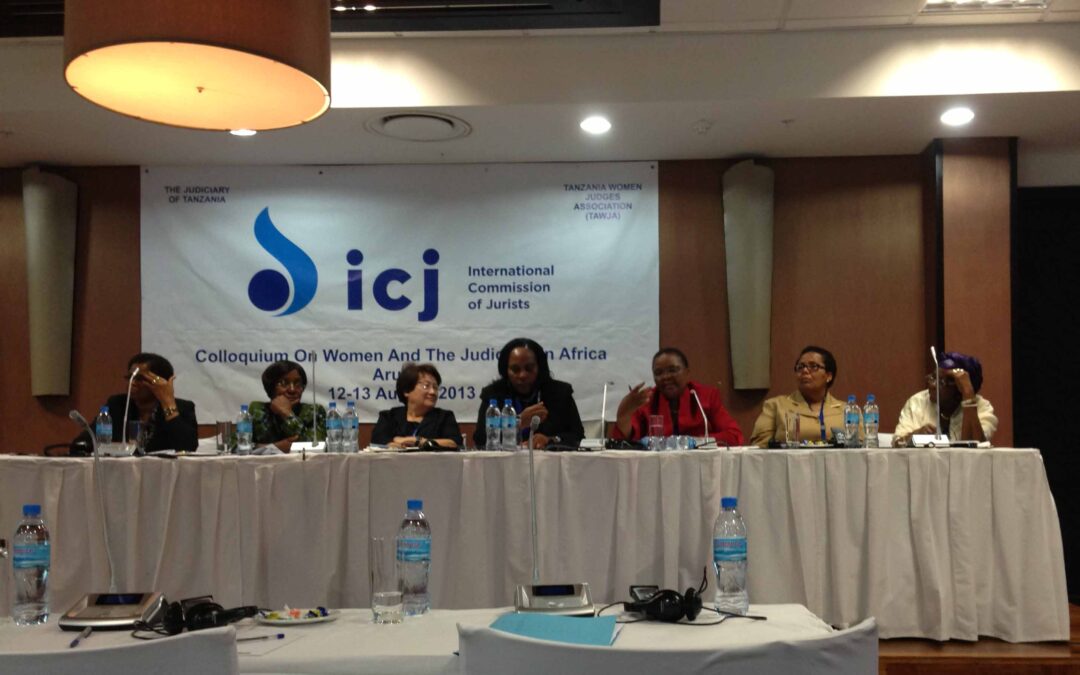
Aug 15, 2013 | News
Women judges from across Africa participated in the first ICJ Colloquium on Women and the Judiciary on 12 and 13 August in Arusha, Tanzania.
The Arusha Colloquium, was opened by the Chief Justice of Tanzania and was hosted in collaboration and partnership with the Tanzania Women Judges Association and the Judiciary of Tanzania.
It enabled thirty five senior women judges from over fifteen African jurisdictions to come together to share their stories and reflect on and discuss their personal and professional experiences and challenges as women within the judiciary.
They were joined by over 15 women human rights defenders and lawyers.
Colloquium themes included the importance and role of women within the judiciary, independence and impartiality issues effecting women judges, appointment and promotion procedures, education and training needs and the role of women judges associations.
Discussions also addressed the role of the judiciary in advancing gender equality, women’s access to justice and protection of women human rights defenders.
The Colloquium marks the beginning of an ICJ multi-year initiative on women judges, lawyers and human rights defenders as agents of change.
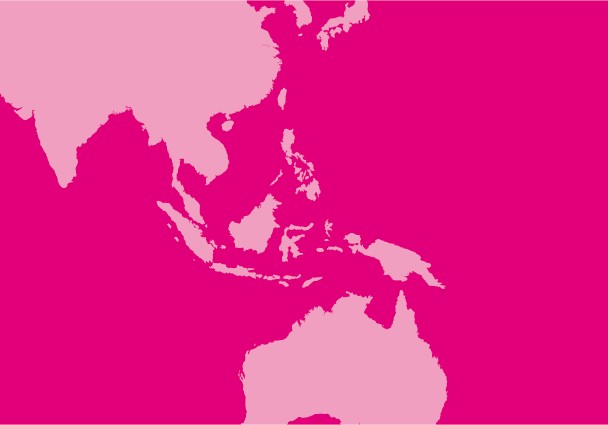
Aug 13, 2013 | News
The ICJ today called on the Nepalese Government to release the body of Tibetan Monk Karma Nyidon Gyasto to the Tibetan community to carry out his last rites in accordance with Nepal’s laws and international obligations.
“We are deeply concerned about this rejection of Nepal’s laws and its international obligations,” said Asia Director Sam Zarifi.
On 5 August 2013, a Tibetan refugee, Karma Nyidon Gyasto self-immolated at the Boudha Stupa, in Kathmandu. He was taken to Tribhuvan University Teaching Hospital, where he was later declared dead. His body is apparently being held in the hospital’s mortuary.
On 12 August 2013, the Tibetan Refugee Welfare Office, registered an application to the Office of the Chief District Officer in Kathmandu to perform funeral rites. The Tibetan Refugee Welfare Office is acting on behalf of Gyatso given the lack of clear legal status of the resident Tibetan refugee community.
This is the second protest by self-immolation in Nepal. The first was in February 2013. In that case the government refused to hand over the body for funeral rites.
The refusal to hand over the body contravenes Nepal’s national laws.
The Interim Constitution, under Article 23 guarantees the right to religion, including the right to practice and perform religious rites.
Furthermore Article 17 provides that every community in Nepal has the right to preserve and promote its culture.
The action also contravenes Nepal’s international obligations.
Article 18 of the International Covenant on Civil and Political Rights (ICCPR) provides for the right to a religion or belief of his choice, and freedom, either individually or in community with others and in public or private, to manifest his religion or belief in worship, observance, practice and teaching.
Furthermore, General Comment No 22 on Article 18 of the ICCPR states that this right includes ritual and ceremonial acts.
Under the Covenant, the Government of Nepal is obliged to respect and ensure the religious and cultural rights of the Tibetan refugee community, who have a legitimate right to receive the body and hold a funeral according to their religion and culture.
CONTACT:
Sam Zarifi, ICJ Asia-Pacific Director, (Bangkok), t: +66 807819002; email: sam.zarifi(a)icj.org









